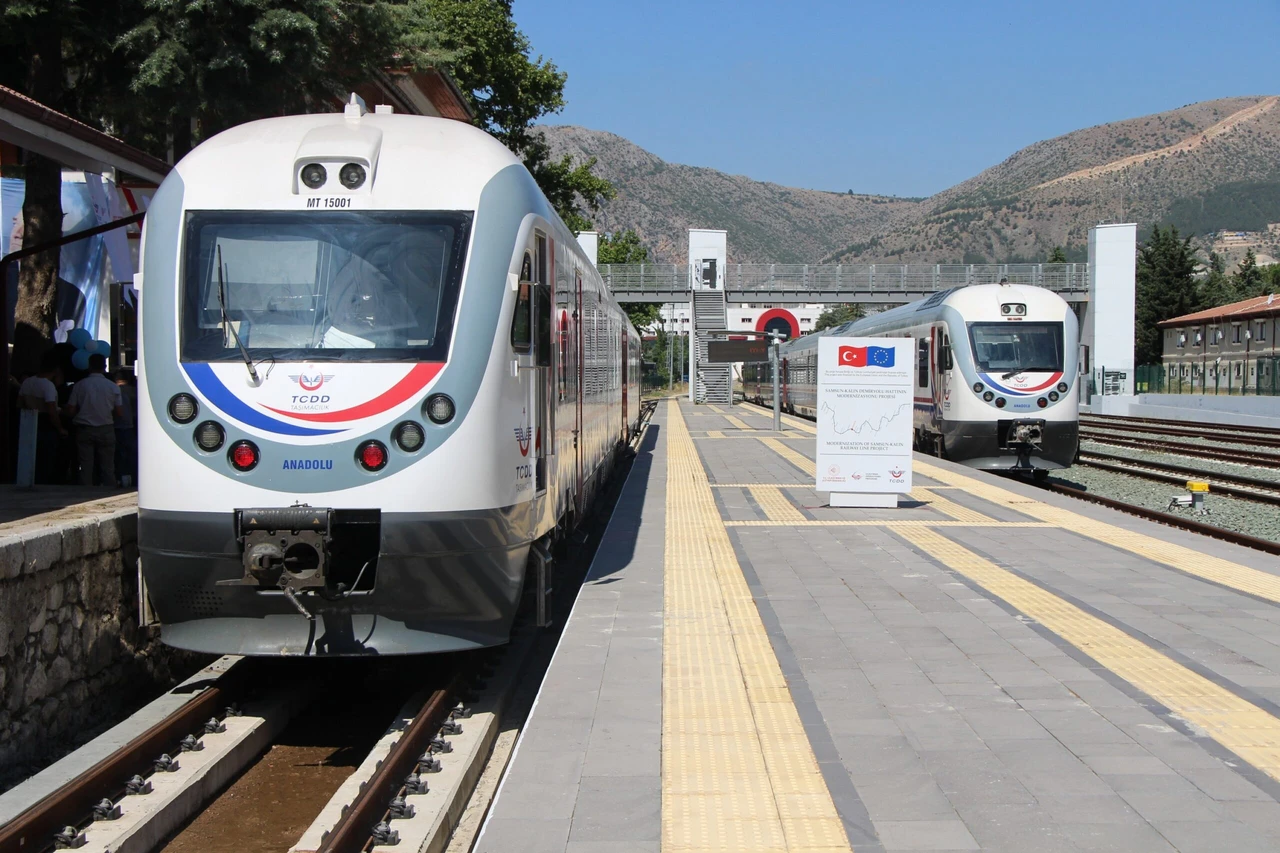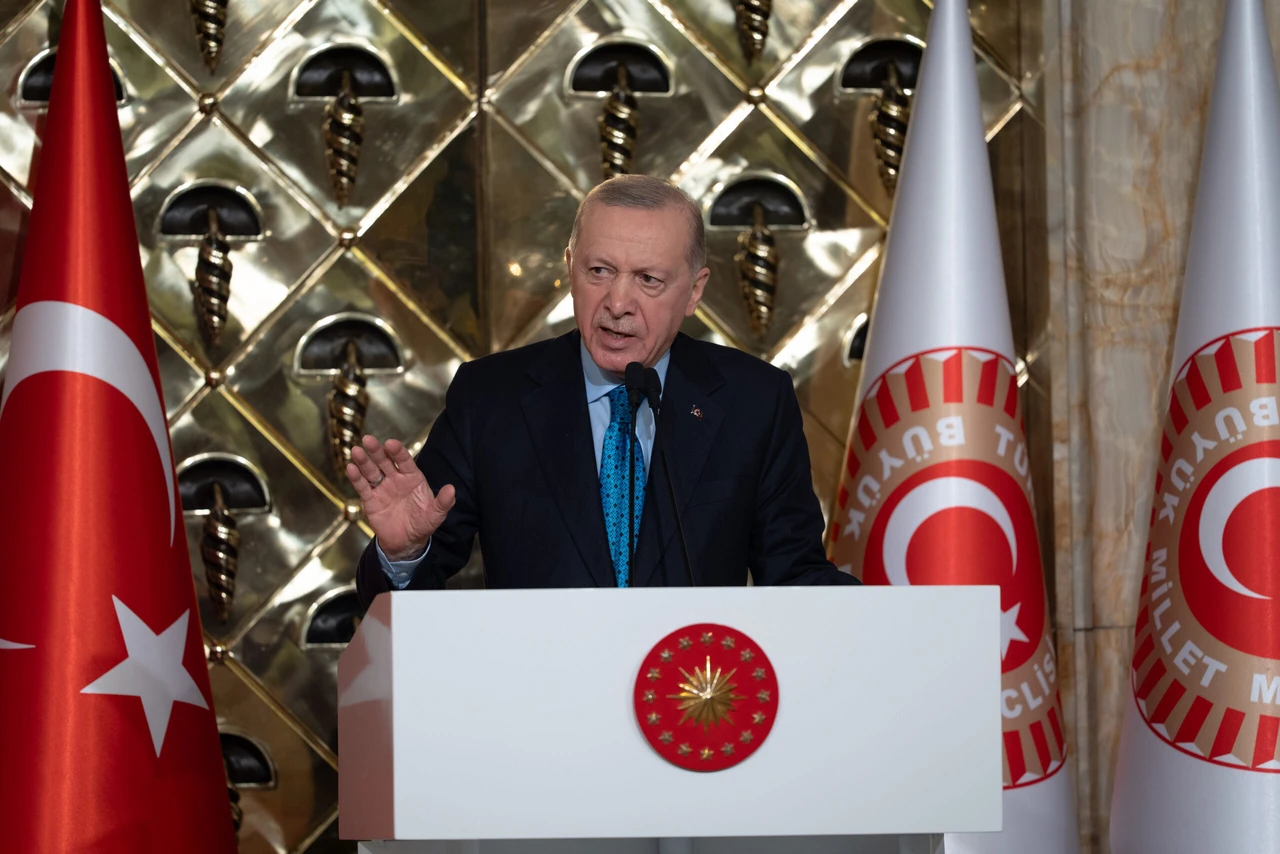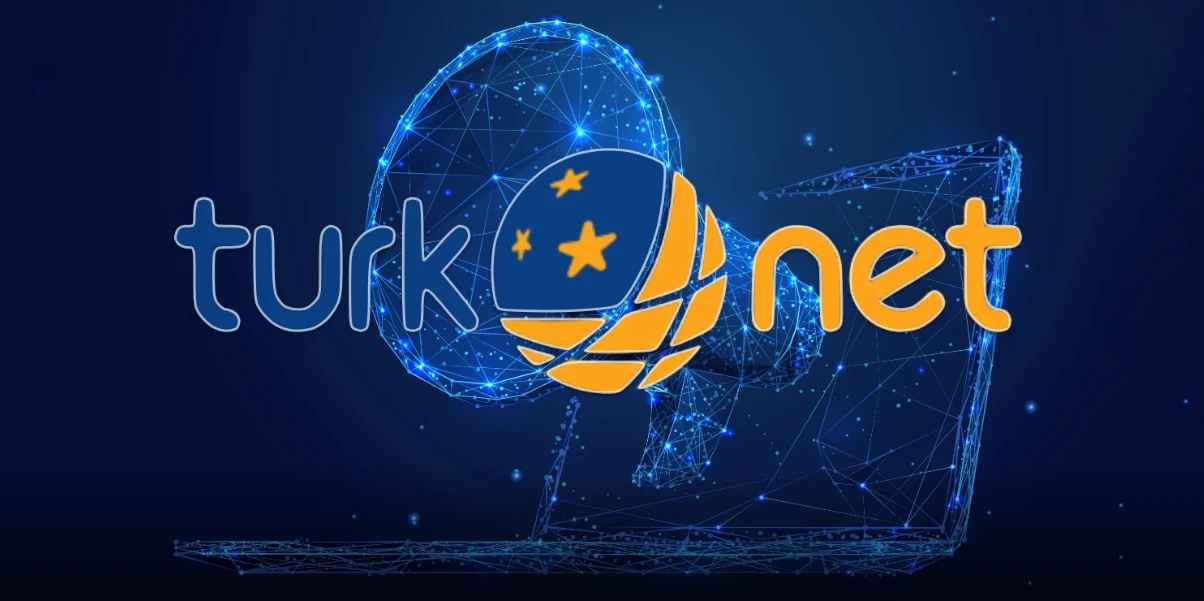World Bank approves $660 million to modernize Türkiye’s railways
 Trains wait at a station in Amasya, Türkiye on June 21, 2022. (IHA Photo)
Trains wait at a station in Amasya, Türkiye on June 21, 2022. (IHA Photo)
The World Bank’s Executive Board has approved $660 million in financing to support Türkiye’s efforts to expand electric railway transportation, with a focus on modernizing and expanding one of the country’s oldest rail corridors in Eastern Türkiye.
The funding will be used for the Eastern Türkiye Middle Corridor Railway Development Project, which aims to improve freight movement, boost exports, create jobs, and reduce greenhouse gas emissions, according to a statement from the bank.
As part of the project, a 660-kilometer railway stretch between Divrigi in Sivas and Kars will be electrified and modernized, replacing diesel-powered trains with a fully electric system. The project will connect four provinces—Sivas, Erzincan, Erzurum, and Kars—and is expected to benefit approximately 600,000 residents along the route. It also aims to provide significant support to local businesses and agricultural enterprises.
The World Bank projects that once completed, the railway’s freight capacity will surge from 750,000 tons per year to 20 million tons annually. Currently, 95% of freight transportation in Türkiye is carried out by road, and the project is expected to lower transport times and logistics costs while strengthening links between the country’s eastern and western regions.
Road-based freight transport accounts for around 50% of the transportation sector’s greenhouse gas emissions in Türkiye. By promoting rail freight, the project is anticipated to play a key role in the country’s decarbonization efforts. The World Bank highlighted that decarbonizing freight transport is critical for Türkiye’s economy, particularly for exporters aiming to stay competitive in global markets. The European Union is set to implement tariffs on carbon-intensive products starting in 2026, further emphasizing the importance of reducing Türkiye’s carbon footprint.
The project is expected to prevent 72,332 tons of carbon emissions annually by 2030, with that figure projected to rise to 245,835 tons by 2060.
The modernization will also provide socioeconomic benefits in provinces that lag behind the national average in economic development. The statement noted that these regions are frequently exposed to extreme weather events, underlining the need for resilient infrastructure to mitigate the impacts of floods, landslides, and wildfires.
Humberto Lopez, World Bank Country Director for Türkiye, stated, “By modernizing and expanding railway connections, Türkiye can advance strategic goals such as revitalizing local economies, creating jobs in underserved areas, supporting its ambition to become a logistics hub, and reducing carbon emissions in the transport sector.”
Murad Gurmeric, the World Bank’s project team leader, added that the initiative has the potential to deliver substantial benefits to economically disadvantaged regions by enhancing climate-resilient connectivity, improving market access, and creating job opportunities for women, youth, and vulnerable communities.
In addition to the World Bank’s financing, the project has received supplementary funding from the Islamic Development Bank and the Asian Development Bank. The Turkish government is also contributing to the project as part of its broader efforts to expand the country’s Middle Corridor rail infrastructure.



